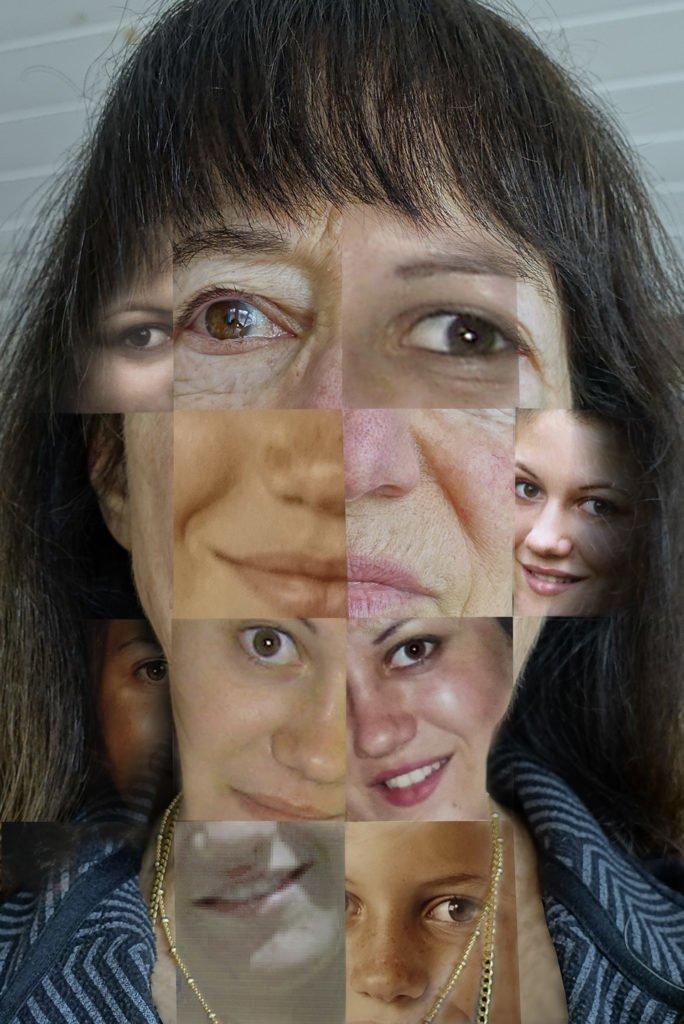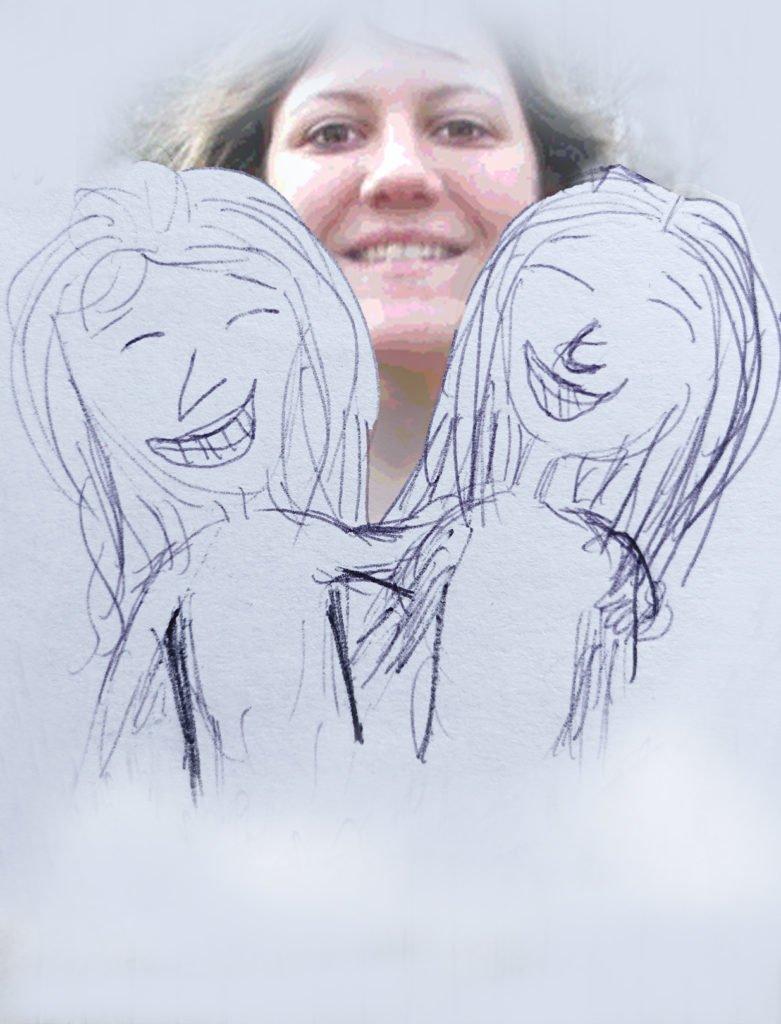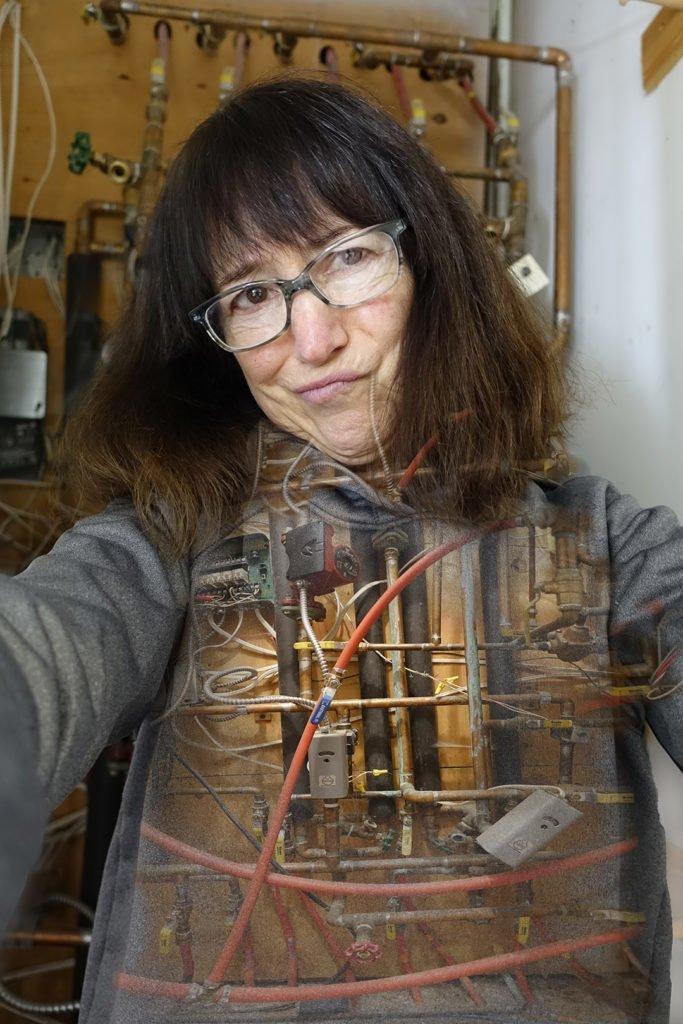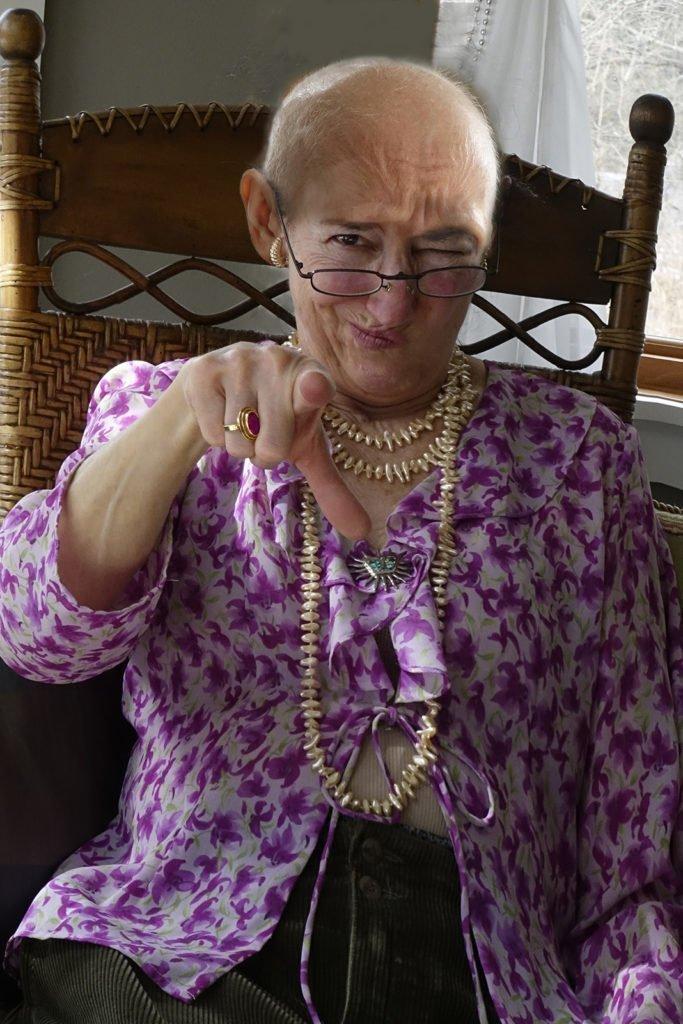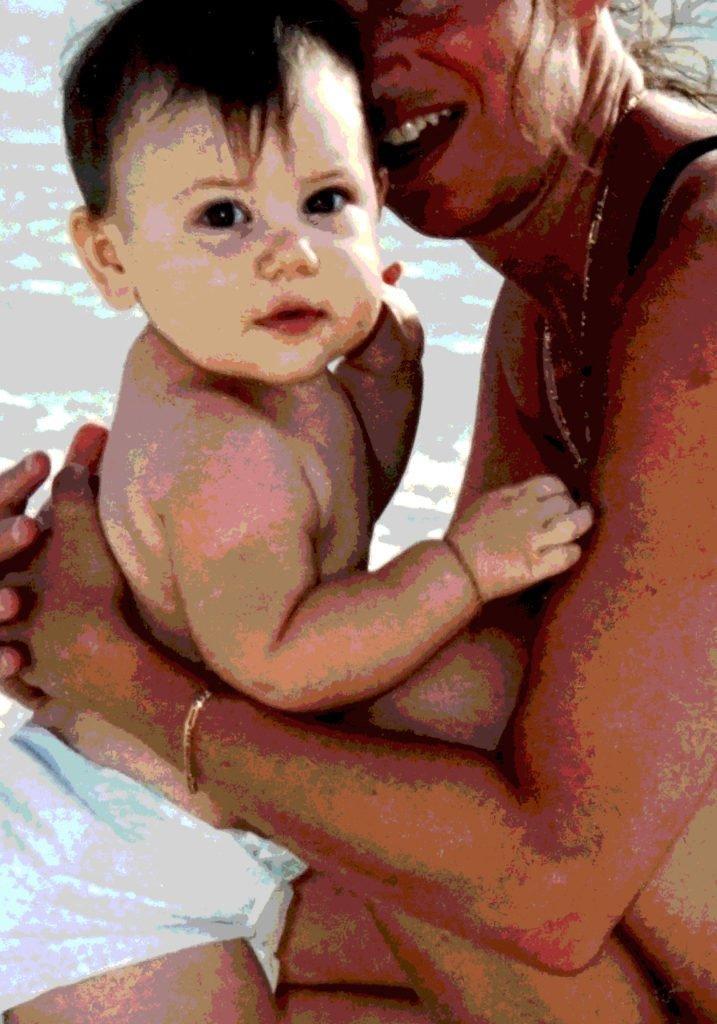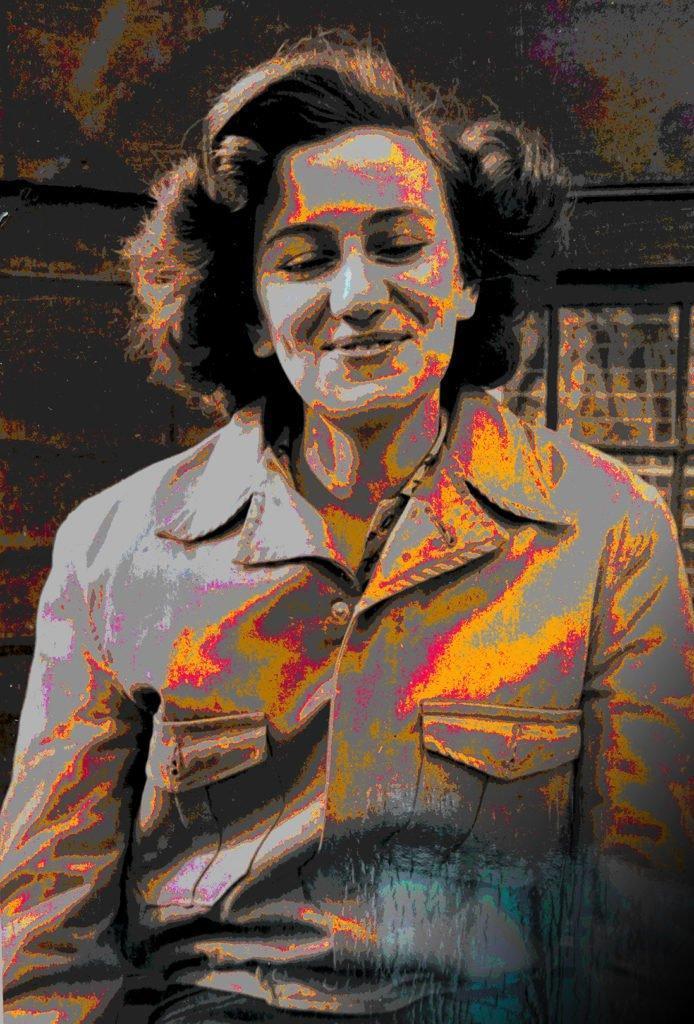 After someone you love dies, your brain doesn’t always completely register that your beloved is no longer here. Like when my daughter died eight years ago, it wasn’t until weeks later, when I sold her car, that I understood for sure she wasn’t coming home. Fairly composed up to that point, when I handed over the car keys, a massive tidal bore broke loose from deep within me.
After someone you love dies, your brain doesn’t always completely register that your beloved is no longer here. Like when my daughter died eight years ago, it wasn’t until weeks later, when I sold her car, that I understood for sure she wasn’t coming home. Fairly composed up to that point, when I handed over the car keys, a massive tidal bore broke loose from deep within me.
Getting hit with the reality of loss, just when you think you’re in control of your emotions or beyond mourning, can knock you upside down. A totally unpredictable, ridiculous little event has the power to erupt into a pivotal moment when you realize what you lost and that something big in your life is changing as a result.
After my mother died in January, I wondered for months, Where’s my grief? Then, last week I was stuck in the bathroom doing a pre-colonoscopy prep — you know, the dreaded procedure where you flush your insides out with gallons of clear liquids and laxatives, and then sit on the toilet and wait. Filled to the gills, I sat there alone, bored, picking away at my cuticles, trying not to think about the next day’s procedure. It was a time I would have phoned my mother. And she’d have told me, “Go drink a glass of white wine, it’s a clear liquid.” But I remembered my mother was no longer just a phone call away. That’s when the reality of her dying hit me. Hard. And even though towards the end of her life she was too deaf to hear me over the phone to reply with encouraging words, it would have been enough to simply hear my mom ramble on about what she ate for dinner, how she was doing the best she could, and that nothing else was new.
When I stopped sobbing, I phoned sisters and friends. I phoned the Halco Heating Company to say I was appreciating the new heat pump in the bathroom. I called the gastrointestinal nurse for the umpteenth time, “Nothing’s coming out yet” — anyone — just to have some company during my lonely mission. Until I thought I could hear my mother growling at me, “Shit already, or get off the pot.” And that kinda worked the magic.
What was a moment in your life when reality whacked you over the head? What was the moment the loss of a loved one really hit you?
Please Share on your Social Media
